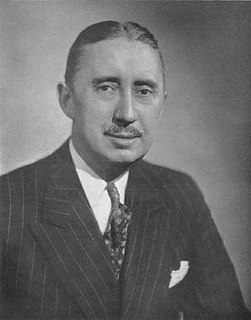A Quote by Alain de Botton
When Proust urges us to evaluate the world properly, he repeatedly reminds us of the value of modest scenes.
Related Quotes
It is the Fourth Instinct (the spirit - RJ) that urges us to exceed ourselves ... by awakening our intuitive selves, and striving to be all that we were intended to be. It takes us beyond self-centeredness and enables us to resist the combined forces of indifference and meaninglessness. It awakens us to a sense of responsibility for those most in need of our society as well as for that world that future generations will inherit.
Men We Reaped is a fiercely felt meditation on the value of life that at once reminds us of its infinite worth and indicts us - as a society - for our selective, casual complicity in devaluing it. Ward's account of these losses is founded in a compelling emotional honesty, and graced with moments of stark poetry.
By the duty to be happy, I thus refer to the ideology... that urges us to evaluate everything in terms of pleasure and displeasure...on the one hand, we have to make the most of our lives; on the other, we have to be sorry and punish ourselves if we don't succeed in doing so. This is a perversion of a very beautiful idea: that everyone has a right to control his own destiny and to improve his life.






































